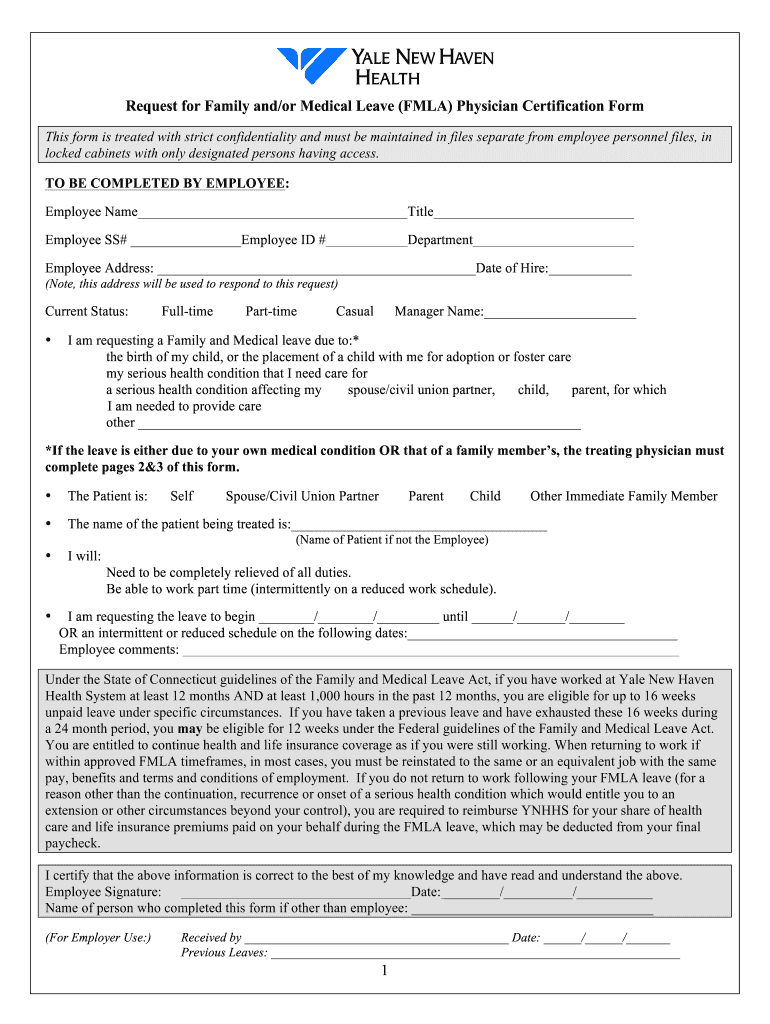Do Employers Require Medical Paperwork? What You Should Know

Do employers have the right to ask for medical paperwork? This is a question that many employees often wonder about, especially in situations involving health-related leaves, disabilities, or other medical conditions that may impact work. Navigating the relationship between personal health privacy and employer rights can be a tricky balance. Here’s an in-depth look at what you should know.
Understanding the Legal Framework

The Americans with Disabilities Act (ADA) and the Family and Medical Leave Act (FMLA) are two key pieces of legislation that address the intersection of health and employment in the United States:
- The ADA: This act ensures that employees with disabilities receive reasonable accommodations and protects their rights to privacy regarding medical information.
- The FMLA: Allows employees to take unpaid, job-protected leave for specified family and medical reasons with continuation of group health insurance coverage under the same terms as if the employee had not taken leave.
When Can Employers Ask for Medical Paperwork?

Employers might request medical documentation in the following scenarios:
- Reasonable Accommodation: When an employee requests adjustments to the work environment or duties because of a disability, employers can ask for medical proof to determine the nature of the needed accommodations.
- FMLA Leave: To process a FMLA request, employers can require medical documentation detailing the need for leave due to a serious health condition.
- Extended Sick Leave: If an employee’s absence extends beyond a typical sick day, employers might need documentation to support the leave.
- Workplace Safety: If an employee’s health condition could affect their ability to perform their job safely or put others at risk, medical documentation might be required to assess the situation.
| Scenario | Documentation Purpose |
|---|---|
| Request for Accommodation | Assess the type of accommodation required. |
| FMLA Leave Request | Verify the need for leave and its duration. |
| Long-term Absence | Confirm the medical reason for the absence. |
| Workplace Safety Concerns | Evaluate the safety implications of the employee's condition. |

🔍 Note: Employers must maintain strict confidentiality regarding any medical information provided, with access limited only to those with a need to know for accommodation or leave purposes.
What Should Medical Paperwork Include?

When employers request medical documentation:
- It should clearly state the employee’s medical condition or diagnosis.
- It must detail the duration of the condition or the leave needed.
- Describe any functional limitations caused by the condition.
- Specify reasonable accommodations, if applicable, that the employee needs.
Ensure that the documentation respects the employee’s privacy rights by not disclosing unnecessary personal health details.
How Much Information Is Needed?

Employers should request the minimum amount of medical information necessary to fulfill their legal obligations. Here’s what to consider:
- Relevance: The information should be directly related to the job duties or the accommodation needed.
- Confidentiality: Employers must protect the confidentiality of medical records and only disclose information when required by law or with consent.
Employee Rights and Privacy

Employees have rights regarding their medical information:
- Right to Privacy: The medical information must be treated with the utmost confidentiality, only shared with those who need to know.
- Access to Records: Employees typically have access to their medical records upon request.
- Objection to Documentation: If an employee feels uncomfortable providing certain details or if the request seems unreasonable, they can object, and the matter might be resolved through HR or legal consultation.
🔐 Note: Employers must follow the Health Insurance Portability and Accountability Act (HIPAA) when handling employee medical information to ensure privacy.
Handling Denial of Medical Documentation Requests

If an employee denies a legitimate request for medical documentation:
- Employers can reevaluate the situation, often through HR or legal counsel.
- Documentation might not be required if the employee has already provided sufficient information through other means.
- Refusal to provide documentation for a reasonable accommodation request could lead to the denial of such accommodations.
Conclusion

Understanding when and how employers can request medical paperwork is vital for both employees and employers to maintain a fair and legally compliant work environment. Employers have the right to request documentation under specific circumstances, like ensuring workplace safety or processing leave requests, but they must do so with respect for employee privacy rights. Both parties benefit from clear communication and a mutual understanding of legal frameworks like the ADA and FMLA. Maintaining the delicate balance between workplace needs and personal health privacy is crucial for fostering a supportive work environment.
Can an employer ask for a diagnosis?

+
Employers can ask for a diagnosis when it’s necessary to determine accommodations or eligibility for leave, but this should be done only with respect for the employee’s privacy rights.
What if my employer refuses to accept my medical documentation?

+
If your documentation is complete and reasonable, discuss with HR or seek legal advice if you feel your rights are being infringed upon.
How can I ensure my medical information stays private?

+
Ensure that your employer understands and complies with HIPAA regulations, and ask who will have access to your medical records.